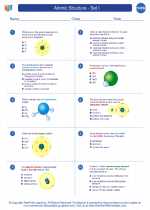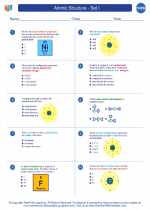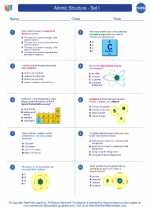Cosmic Phenomena
Cosmic phenomena refer to the various observable events and occurrences in the universe. These phenomena can range from the behavior of stars and galaxies to the interactions of cosmic rays and other high-energy particles. Understanding cosmic phenomena is crucial for gaining insights into the nature and workings of the universe.
Topics to Cover
- Stars and Stellar Phenomena
- Galaxies and Galactic Phenomena
- Cosmic Rays and High-Energy Particles
- Black Holes and their Effects
stars">Stars and Stellar Phenomena
Stars are the fundamental building blocks of the universe and exhibit a wide range of phenomena. These include stellar formation, evolution, and eventual demise. Understanding the life cycle of stars is crucial for comprehending the processes that shape the cosmos.
galaxies">Galaxies and Galactic Phenomena
Galaxies are massive systems of stars, gas, and dust, bound together by gravity. The study of galaxies involves understanding their various forms, interactions, and the phenomena that occur within them, such as supernovae, galactic collisions, and the presence of dark matter.
Cosmic Rays and High-Energy Particles
Cosmic rays and high-energy particles originate from various sources in the universe and can have significant impacts on the Earth and its atmosphere. Studying these phenomena involves exploring their origins, interactions with magnetic fields, and their role in shaping the cosmic environment.
Black Holes and their Effects
Black holes are regions of space where gravitational forces are so intense that nothing, not even light, can escape. Understanding the phenomena associated with black holes, such as accretion disks, Hawking radiation, and the effects on surrounding matter, is crucial for unraveling the mysteries of the universe.
Study Tips
- Use visual aids such as diagrams, simulations, and videos to grasp the scale and complexity of cosmic phenomena.
- Engage in discussions and debates with peers to explore different perspectives on cosmic phenomena.
- Stay updated with the latest research and discoveries in the field of astrophysics and cosmology.
- Practice solving problems related to astronomical observations, measurements, and calculations.
- Seek out opportunities for stargazing and observing celestial phenomena firsthand.
◂Chemistry Worksheets and Study Guides High School. Atomic Structure - Set I

 Worksheet/Answer key
Worksheet/Answer key
 Worksheet/Answer key
Worksheet/Answer key
